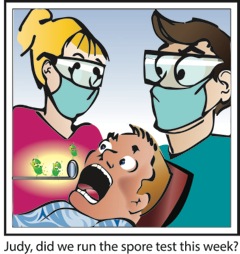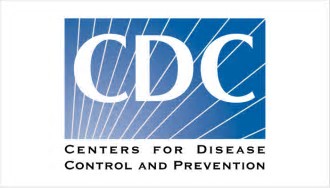Effective sterilization is essential to protecting patients and staff in the dental setting. Biological monitoring,…
Commercial Bias in Research
Conflicts of interest (COIs), defined as individuals who have both a financial relationship and the opportunity to affect educational content and information, unfortunately are very prevalent among medical and dental faculty, researchers, and educators. Because of the nature of the medical and dental industries, where kickbacks are common, quality, credibility, and objectivity are often hard to achieve.
JADA Retracts May 2012 Journal Article
The September 2012 issue of the Journal of the American Dental Association (JADA) contains a formal Notice of Retraction for a study published in the May 2012 issue of JADA. The study conducted by Charles John Palenik measured the effects of six spray disinfectants on nine different dental surfaces. Palenik failed to disclose the addition of a disinfectant about ten weeks after testing of the other disinfectants. The added disinfectant was not part of the original study design.
The published study evidences a strong example of commercial bias. It included a disclosure that Biotrol funded the study, including the travel time and author’s compensation. Additionally, according to the JADA’s Notice of Retraction, “Dr. Palenik also disclosed, after publication of the study in JADA, that the sponsor [Biotrol] of this study owned the data.” It is not surprising then, that the original study reported that the two disinfectants owned by Biotrol performed the best at blood removal and cleaning. JADA’s Notice of Retraction negates the study’s original findings.
The best way to eliminate commercial bias in research is to demonstrate independence by showing the conclusions have gone through comprehensive independent peer review and that the science is validated as unbiased and free from influence, relying on state or federal laws or recommendations.
When in Doubt, Read the Label
For consumers choosing disinfectants, when in doubt, read the label. In the United States, Congress has given the EPA sole authority and responsibility to set the standards for all disinfectant efficacy claims. All products legally sold in the U.S. must provide valid efficacy data for each specific microorganism claim on the label. It is illegal under the Federal Insecticide, Fungicide, and Rodenticide Act (FIFRA) to make statements, either by the manufacturer or a third party, on a product’s efficacy that is not supported by specific registered label efficacy claims. Only claims that are listed on the registered label can be made for a disinfectant’s efficacy.



